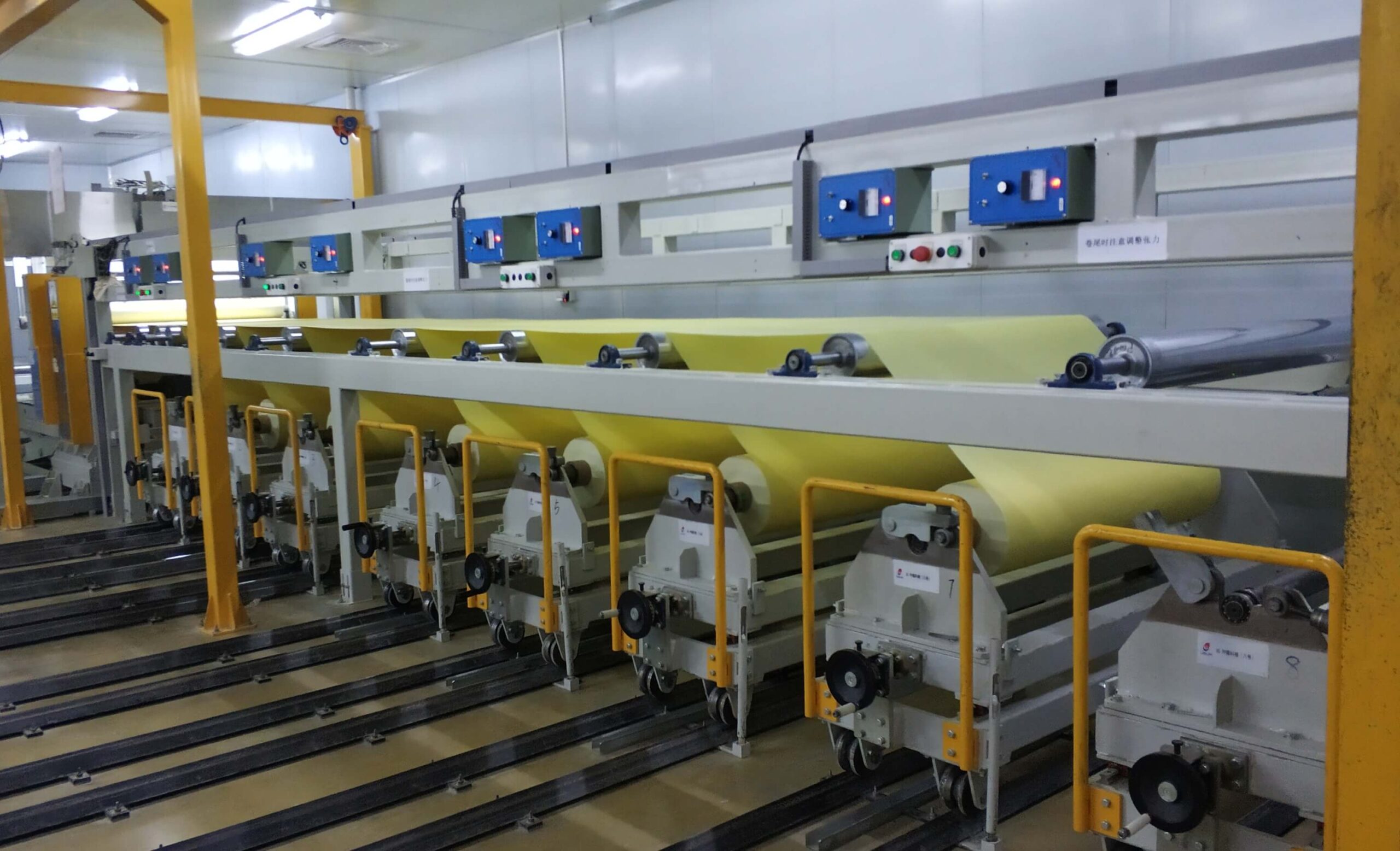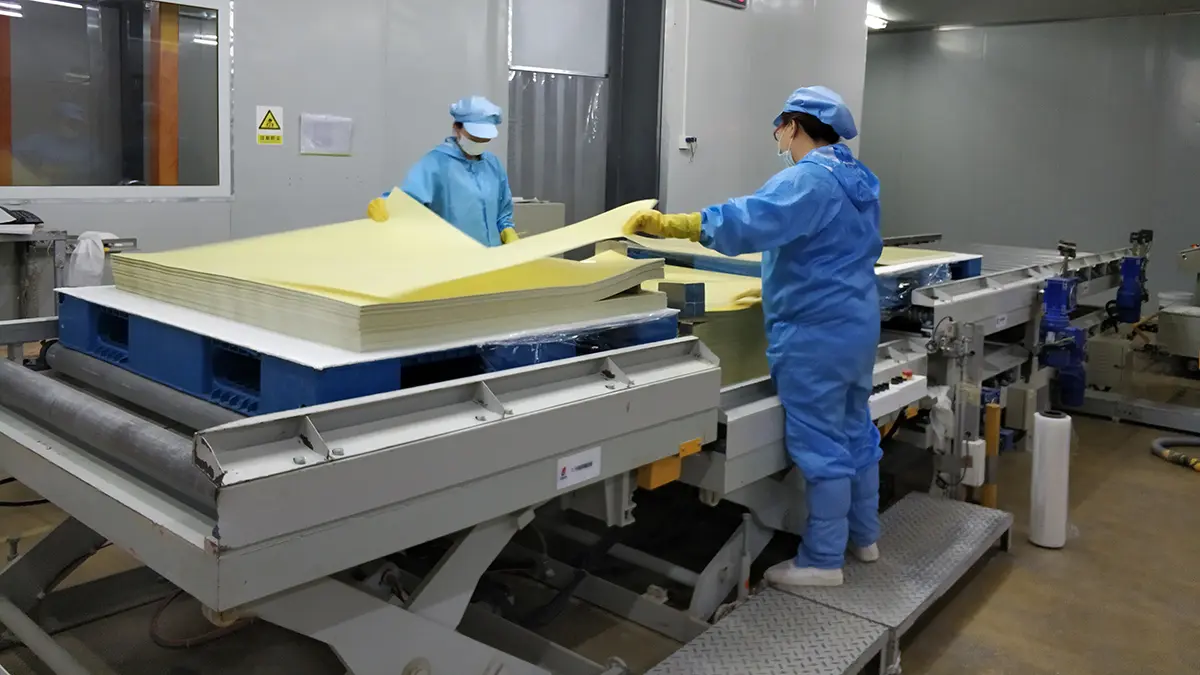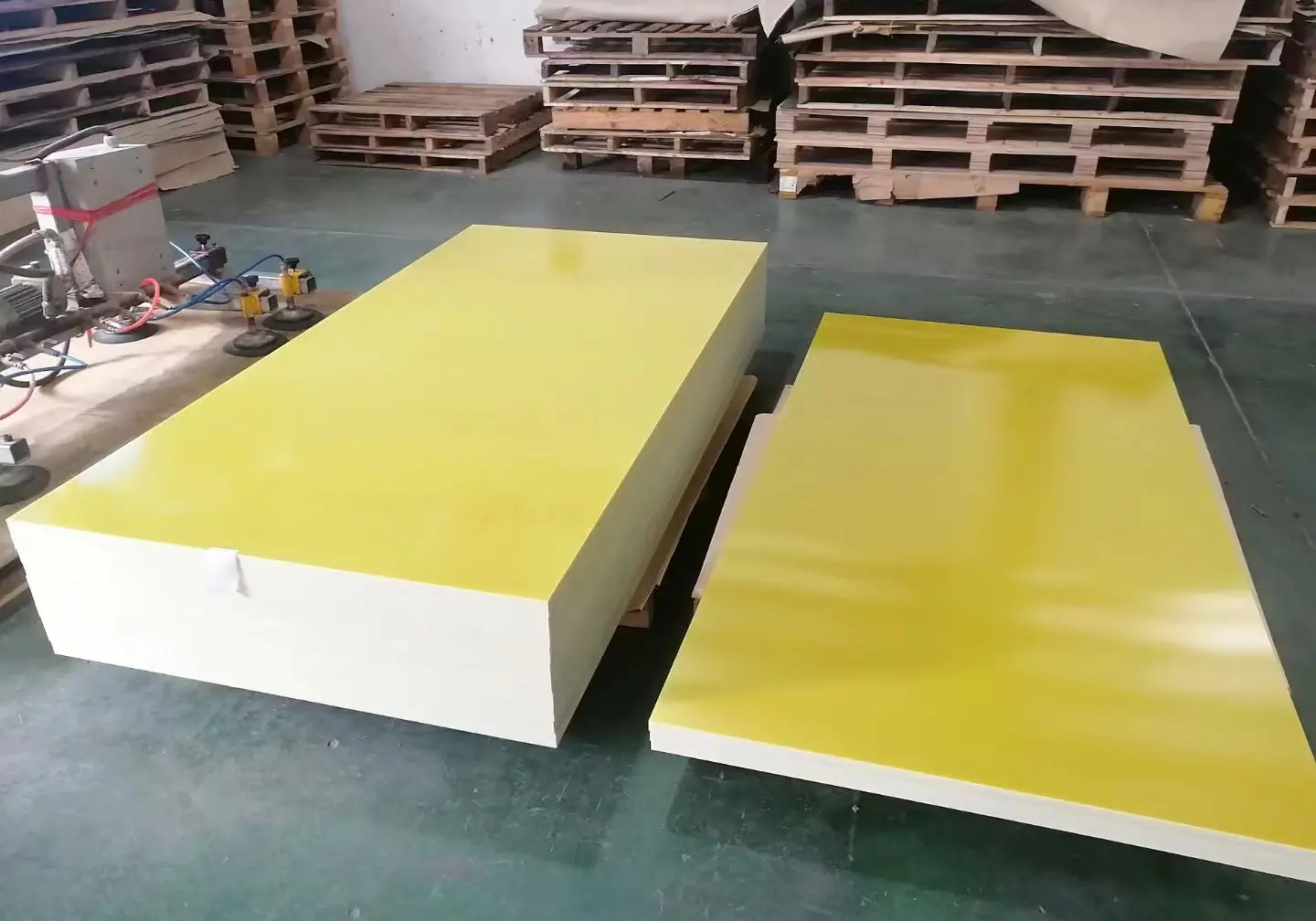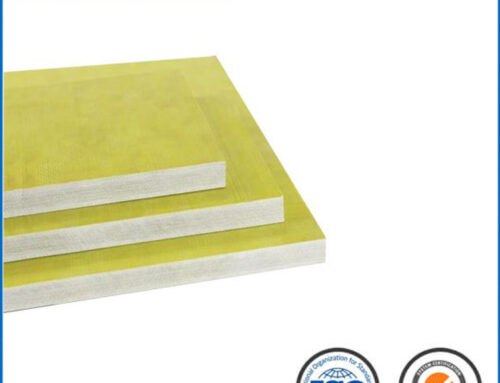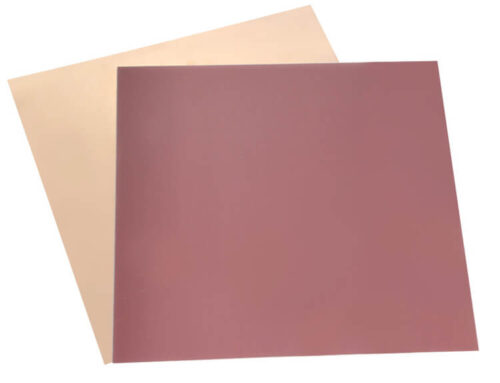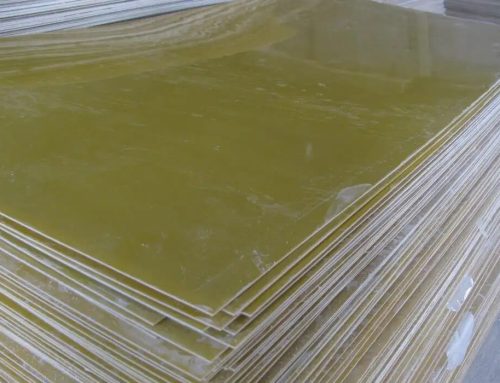Teflon, renowned for its exceptional electrical insulation properties, stands out as a key material in numerous high-performance applications. This article delves into the breakdown voltage of Teflon, shedding light on its critical role in ensuring reliable electrical insulation in various demanding environments.
1. Understanding Breakdown Voltage:
Define breakdown voltage and its significance in electrical insulation.
Explore how Teflon’s molecular structure contributes to its high breakdown voltage.
2. Measurement and Testing:
Discuss methods employed to measure the breakdown voltage of Teflon.
Highlight testing standards and conditions for accurate assessments.
3. Factors Influencing Teflon’s Breakdown Voltage:
Examine the impact of temperature, humidity, and material thickness on breakdown voltage.
Discuss the role of Teflon’s purity and manufacturing processes.
4. Applications in High-Performance Electronics:
Investigate Teflon’s use in critical electronic components and systems.
Explore how high breakdown voltage enhances the reliability of electronic devices.
5. Comparison with Other Insulating Materials:
Compare Teflon’s breakdown voltage with other commonly used insulating materials.
Discuss how Teflon’s properties influence material selection in specific applications.
6. Importance in Power Transmission:
Explore the role of Teflon in power transmission and distribution systems.
Discuss how high breakdown voltage contributes to the efficiency of electrical networks.
7. Challenges and Solutions:
Address challenges related to maintaining high breakdown voltage in Teflon.
Highlight innovative solutions and advancements in Teflon technology.
8. Future Developments:
Speculate on potential advancements in Teflon formulations to enhance breakdown voltage.
Discuss emerging technologies that may impact Teflon’s role in electrical insulation.
Unveiling the breakdown voltage of Teflon provides valuable insights into its suitability for high-performance electrical applications. As technology continues to advance, understanding and optimizing Teflon’s electrical insulation properties will be crucial for ensuring the reliability and longevity of electronic systems in diverse industries.
More:

